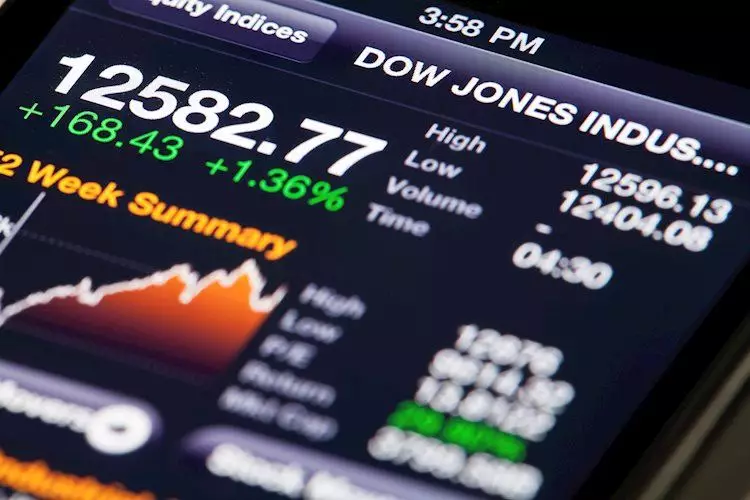The financial markets experienced a notable downturn recently, particularly with the Dow Jones Industrial Average dipping by approximately 0.7% on a Friday. This decline is emblematic of a broader trend that suggests investors are reassessing the buoyancy that had been spurred by the recent elections. Following any major electoral outcomes, stocks often experience a temporary surge due to heightened optimism regarding economic policy changes and potential government initiatives. However, this enthusiasm appears to be waning as market participants confront the realities of ongoing economic data.
Adding to the volatility was the release of US retail sales data. On the surface, the figures presented a narrative of growth, as retail sales exceeded analysts’ forecasts. Yet, on closer examination, the growth in sales during October was not as robust as many investors had hoped. This dichotomy creates a situation where despite expectations being surpassed, the actual performance reveals a more tempered economic landscape. Such insights are critical for investors who rely on consumer spending as a gauge for overall economic health. The fact that retail sales are growing at a slower rate signals potential caution ahead, leading many to reconsider their short-term investment strategies.
The complexity of investor sentiment cannot be overstated in this context. While the initial wave of optimism stemming from elections can drive stock prices upward, these gains can be fragile. The recent retreat in stock prices serves as a reminder that the market is not simply driven by immediate news but rather by a confluence of economic indicators and investor perceptions. As retail sales growth slows down, it could suggest a shift in consumer behavior, potentially influenced by external factors such as inflationary pressures or fluctuating interest rates.
In the wake of these developments, it is crucial for investors to adopt a broader perspective when analyzing market trends. The interplay between political events and economic data can often create a false sense of security, leading to overzealous trading that fails to account for underlying economic vulnerabilities. As we’ve witnessed, the upward momentum can quickly turn to retrenchment when confronted with disappointing data.
The recent decline in the Dow Jones, juxtaposed with retail sales growth that, while positive, falls short of expectations, highlights the ongoing complexity of the market environment. Investors are advised to stay vigilant and adapt their strategies in response to evolving economic signals. As the markets continue to react to both political transformations and economic realities, a cautious approach is likely the most prudent path forward.

